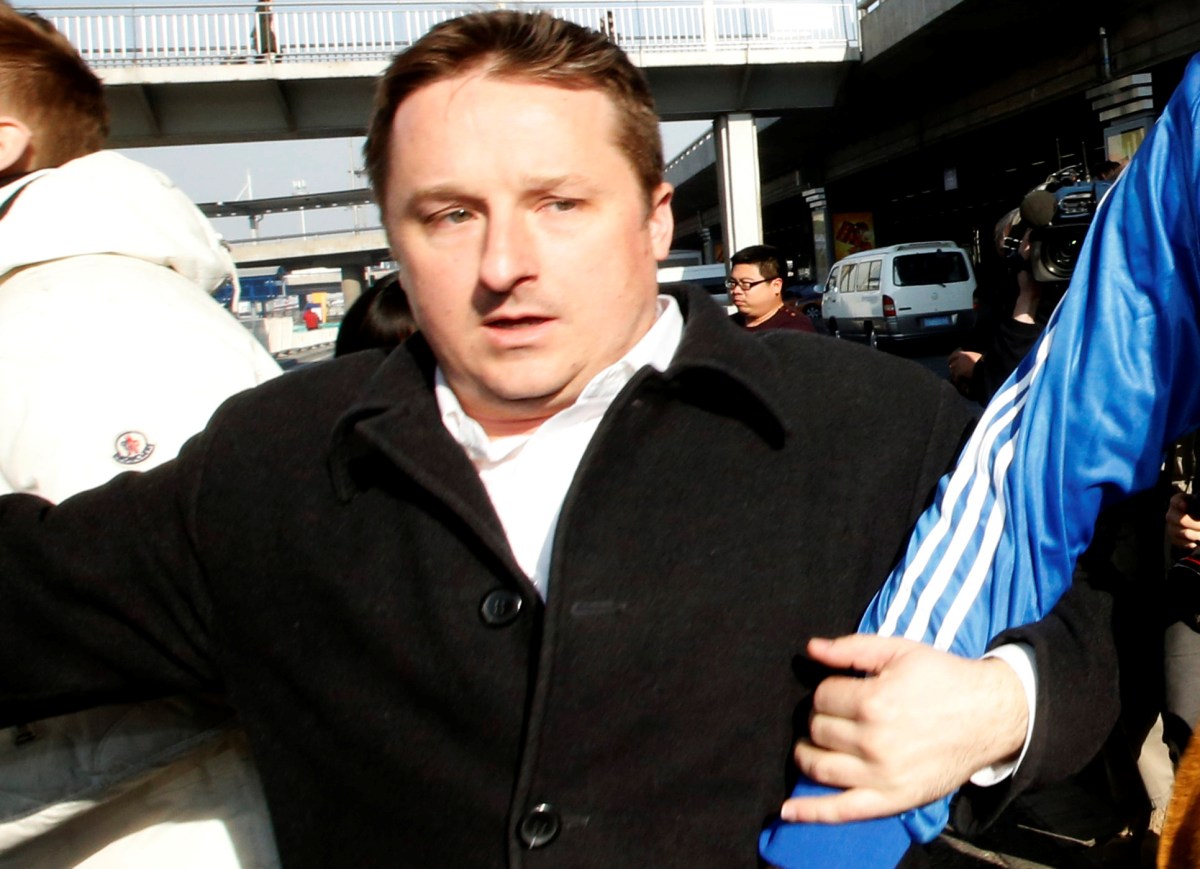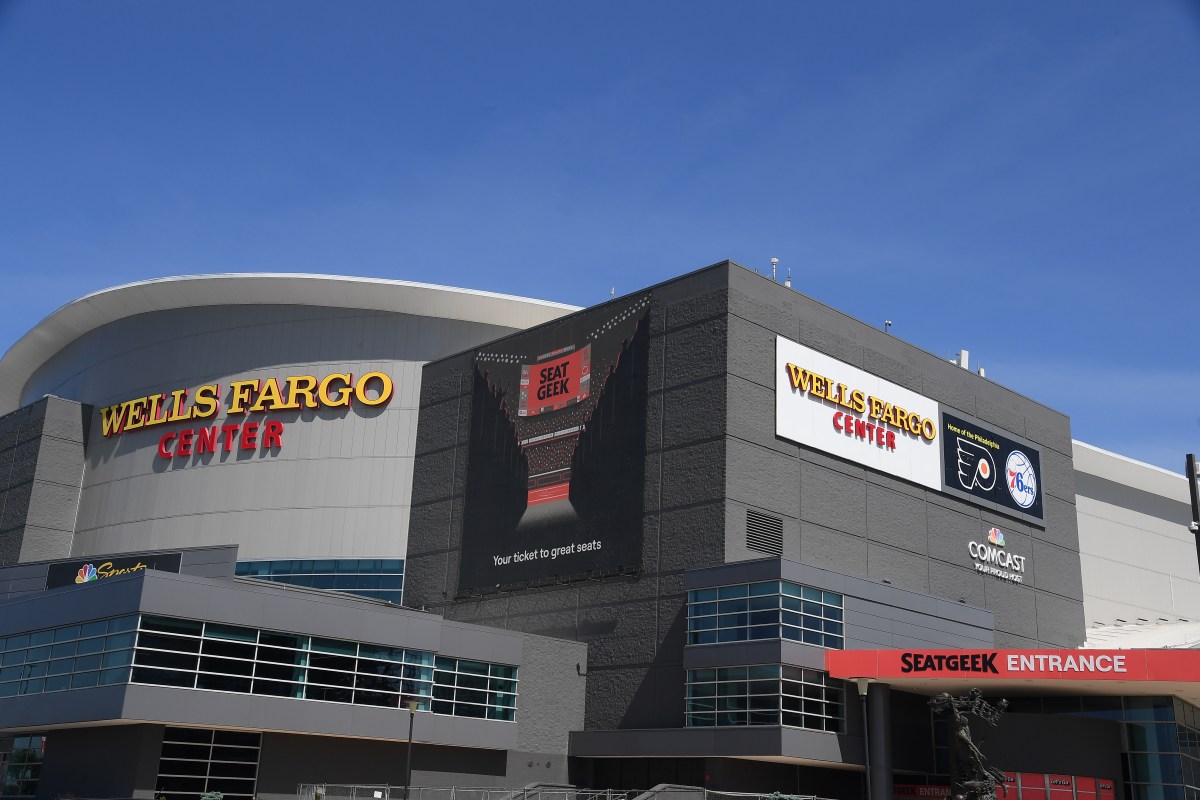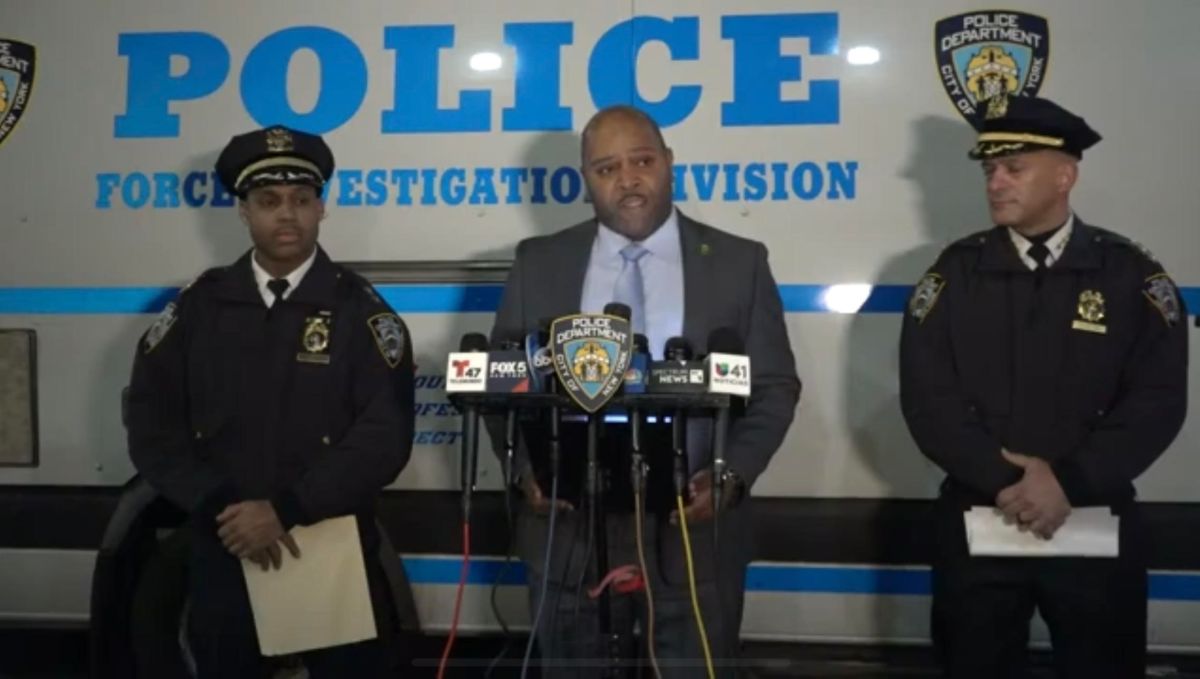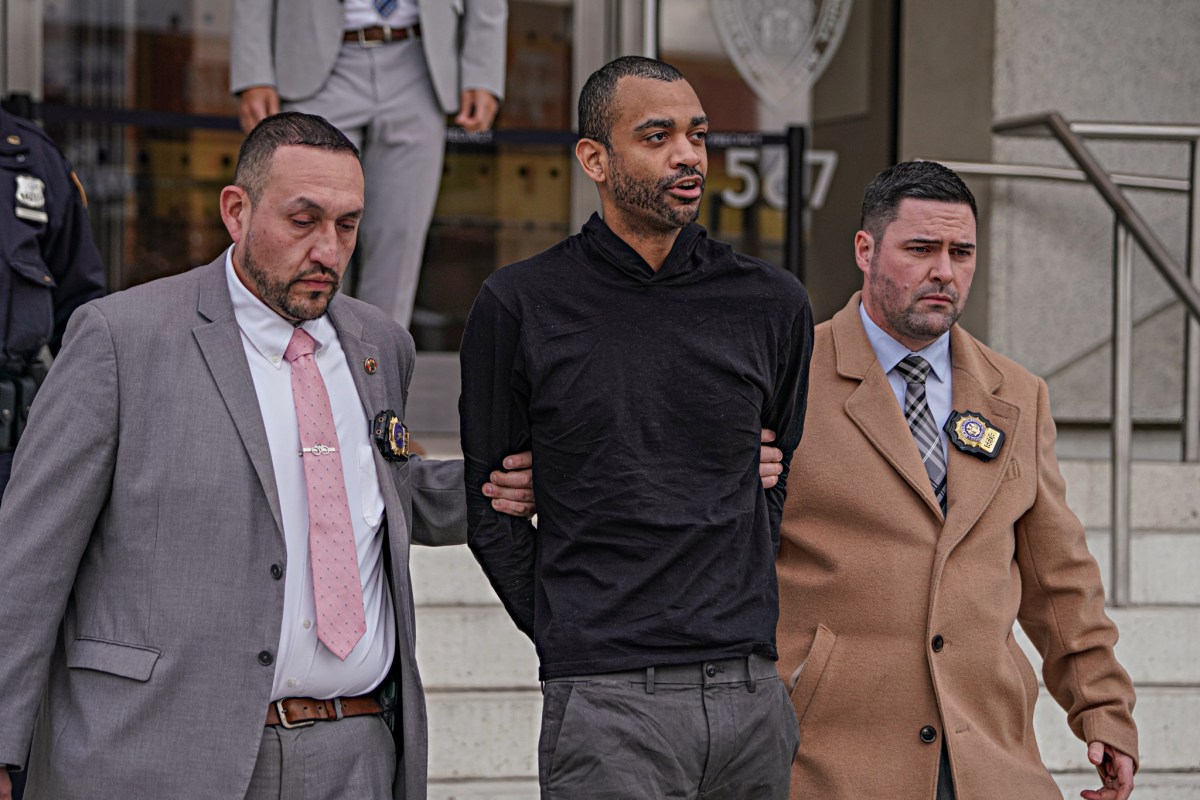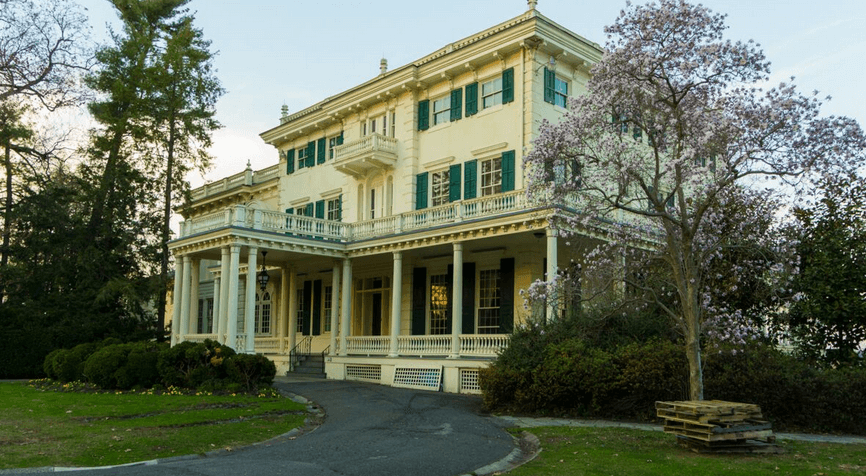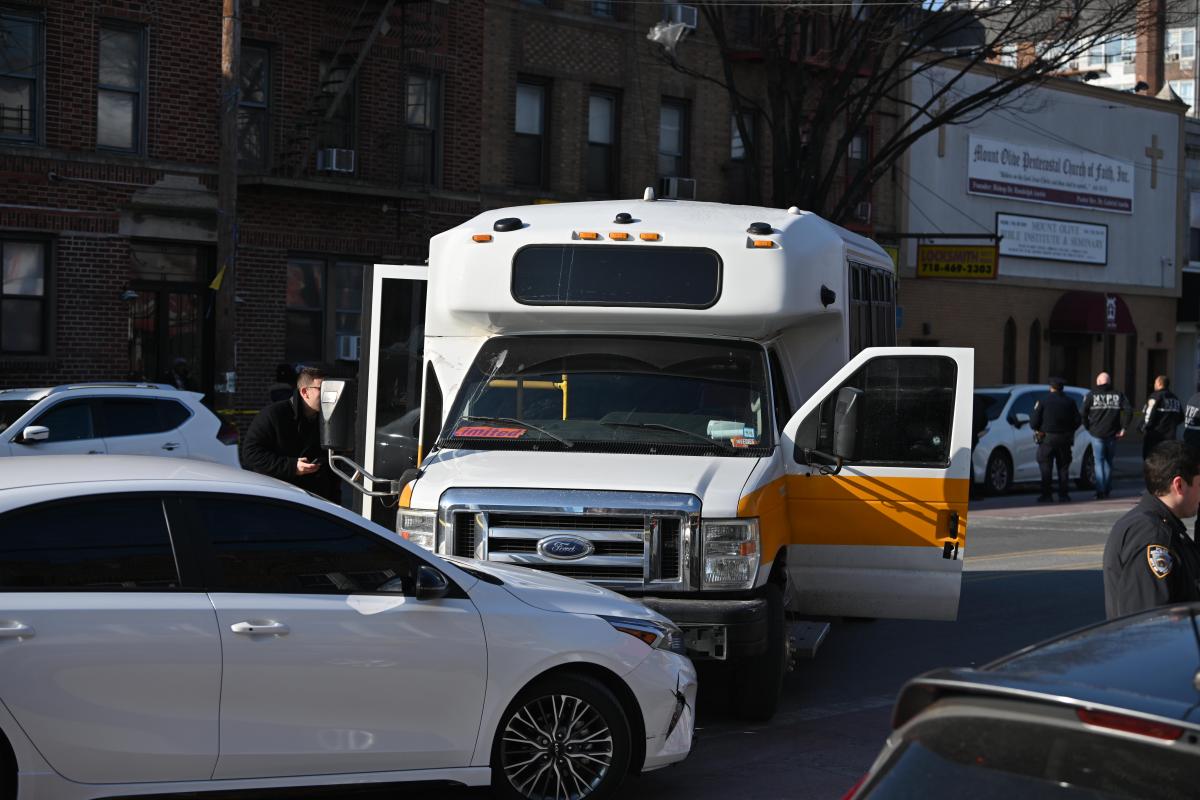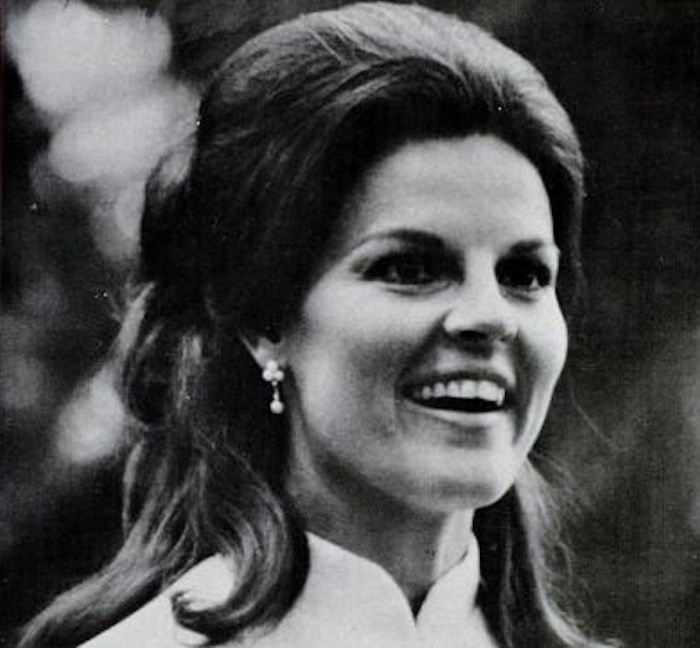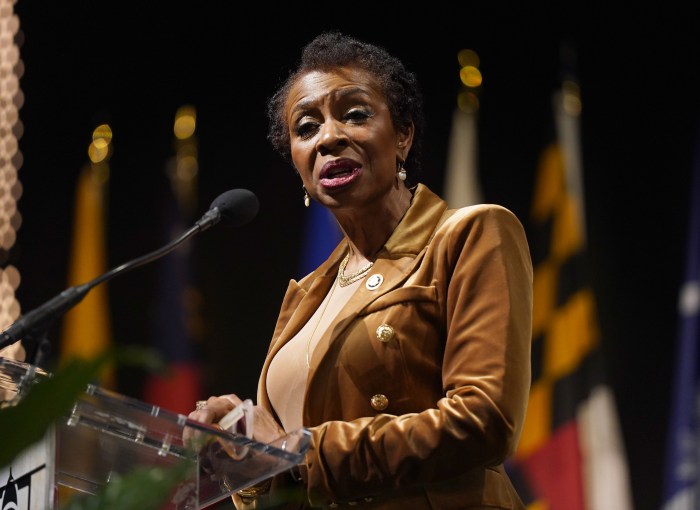By David Ljunggren and Ben Blanchard
OTTAWA/BEIJING (Reuters) – Canadian diplomats gained consular access on Sunday to the second of two men detained by China over the past week, Canada’s foreign ministry said in a statement that gave few details, as China said it was ensuring their rights were protected.
John McCallum, Canada’s ambassador to Beijing, met Michael Spavor, the Canadian ministry said. Spavor and Michael Kovrig were both picked up after Canada arrested a senior Chinese executive on a U.S. extradition request.
Canadian Prime Minister Justin Trudeau – who said on Friday the detentions were unacceptable – told CTV his government was taking the situation very seriously.
“We have engaged with the Chinese officials to determine what exactly conditions are they being detained under? Why are they being detained?” he said in an interview aired on Sunday. McCallum met Kovrig for the first time in Friday.
U.S. Secretary of State Mike Pompeo said on Friday that China should free the two men. China says they are both suspected of engaging in activities that endangered national security, but has given no details.
Speaking in Beijing on Monday, Chinese foreign ministry spokeswoman Hua Chunying said China and Canada had “smooth” consular communication on the cases of the two Canadians and confirmed China had arranged consular access for both of them.
“At the same time, the lawful rights of these two Canadians have been guaranteed,” Hua told a daily news briefing, without elaborating on where they are being held, under what exact charges and under what conditions.
Spavor, a businessman, and Kovrig, a former diplomat now working for a think-tank, were detained after Canadian police arrested Huawei Technologies Co Ltd’s [HWT.UL] chief financial officer, Meng Wanzhou, on Dec 1.
U.S. prosecutors accuse Meng of misleading multinational banks about Iran-linked transactions, putting the banks at risk of violating U.S. sanctions. Meng, who is the daughter of Huawei’s founder, has said she is innocent.
China has demanded Canada free Meng and threatened unspecified consequences if it does not.
Hua said it did not matter what “grandiose pretexts” Canada and the United States came up with, their case against Meng “showed contempt for the rule of law” and people around the world were ridiculing it for them.
‘CORRECT MISTAKES’
Many Canadians have been writing to the Chinese embassy or writing open criticism in Canadian media to express their opposition to the government’s “irrational, illegal methods”, she added.
“The Chinese side strongly urges Canada to immediately correct its mistakes, and release the detained Chinese citizen.”
A Canadian court last week granted Meng bail.
If a Canadian judge rules the case against Meng is strong enough, Canada’s justice minister must next decide whether to extradite her to the United States.
If so, Meng would face U.S. charges of conspiracy to defraud multiple financial institutions, with a maximum sentence of 30 years for each charge.
On Monday, influential Chinese state-backed newspaper the Global Times said in an editorial that an escalation in the dispute with Canada could be coming.
“In the struggle with Canada, China needs to prepare for the possibility of conflict escalation,” it said.
“Beijing must take the contest seriously and maximize the support of international public opinion, leaving Western media no smear to slander its counterattacks as ‘degradation of China’s opening-up’.”
Trudeau told CTV that Canada would continue trying to build up trading ties with China.
“We need to do so in a way that is true to our values and stands up for Canadians’ interests, and getting that balance right is complex. (It) has been made more difficult by recent trends,” he said.
(Reporting by David Ljunggren and Ben Blanchard; Editing by Peter Cooney and Michael Perry)

